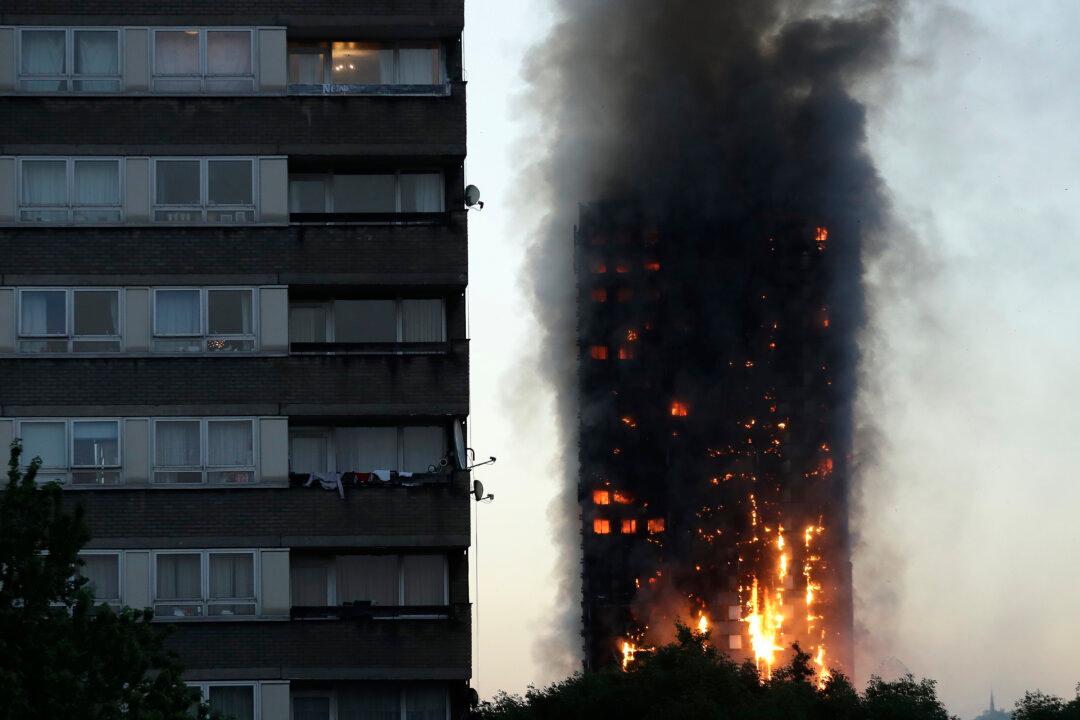A lawyer representing 25 survivors and bereaved relatives of those who died in the 2017 Grenfell Tower fire in London has told a public inquiry they hoped it would not be “just another ... box-ticking exercise.”
The fire broke out on the fourth floor of the tower block in North Kensington, west London, on June 14, 2017, and rapidly spread up the side of the building because of flammable cladding which had been put on as part of a renovation programme in 2016.





